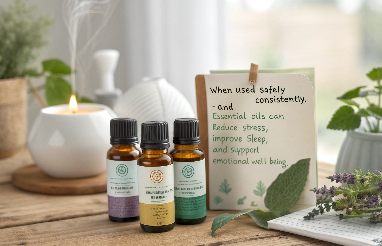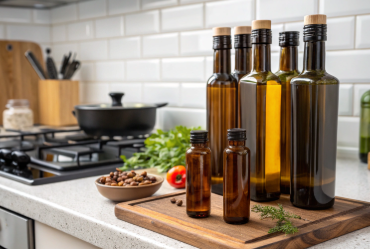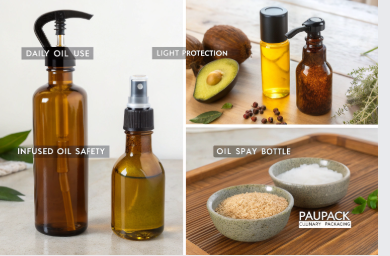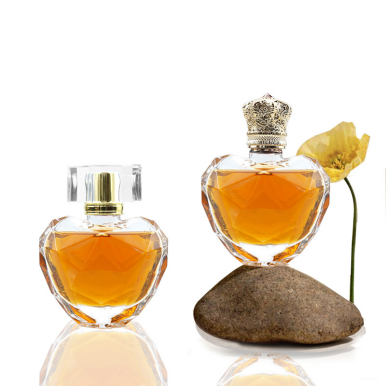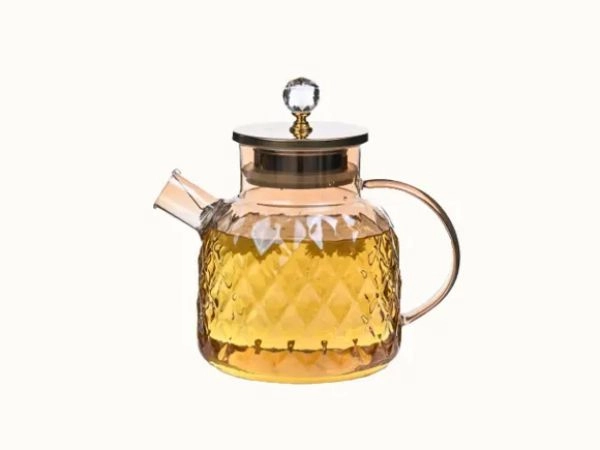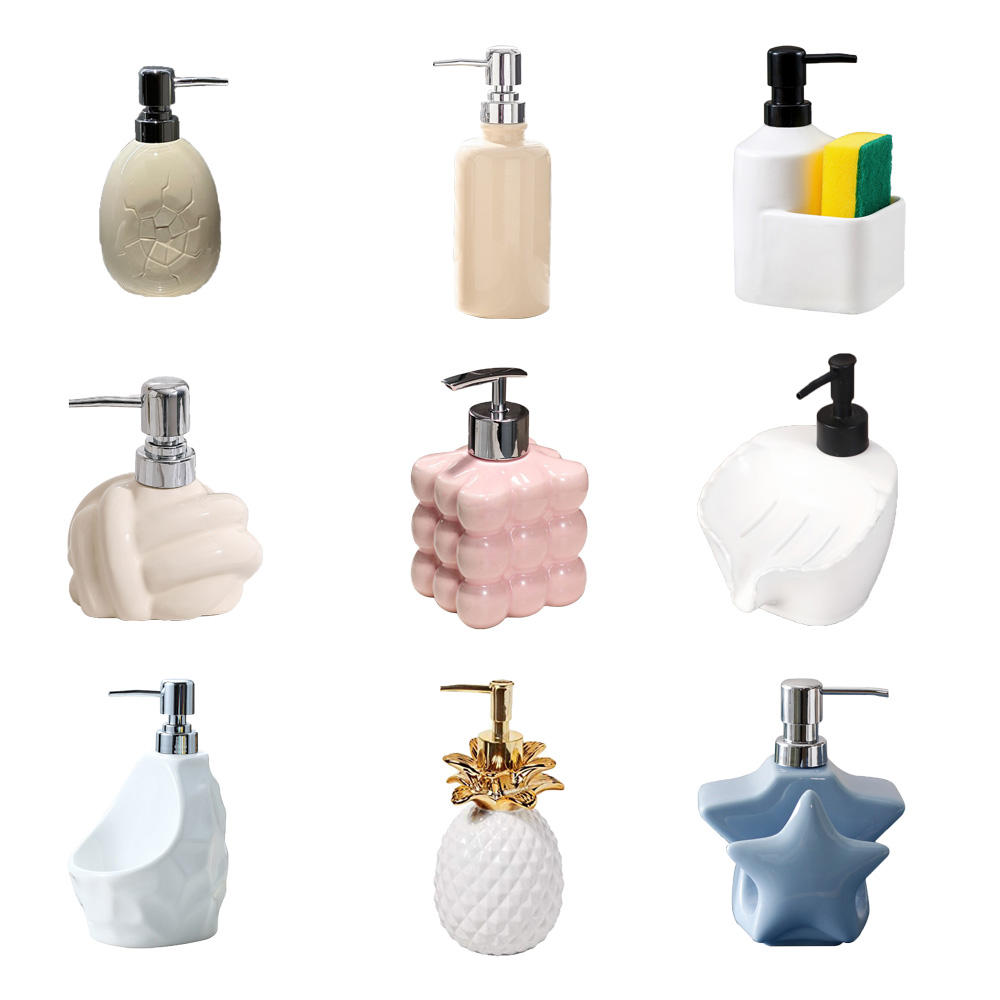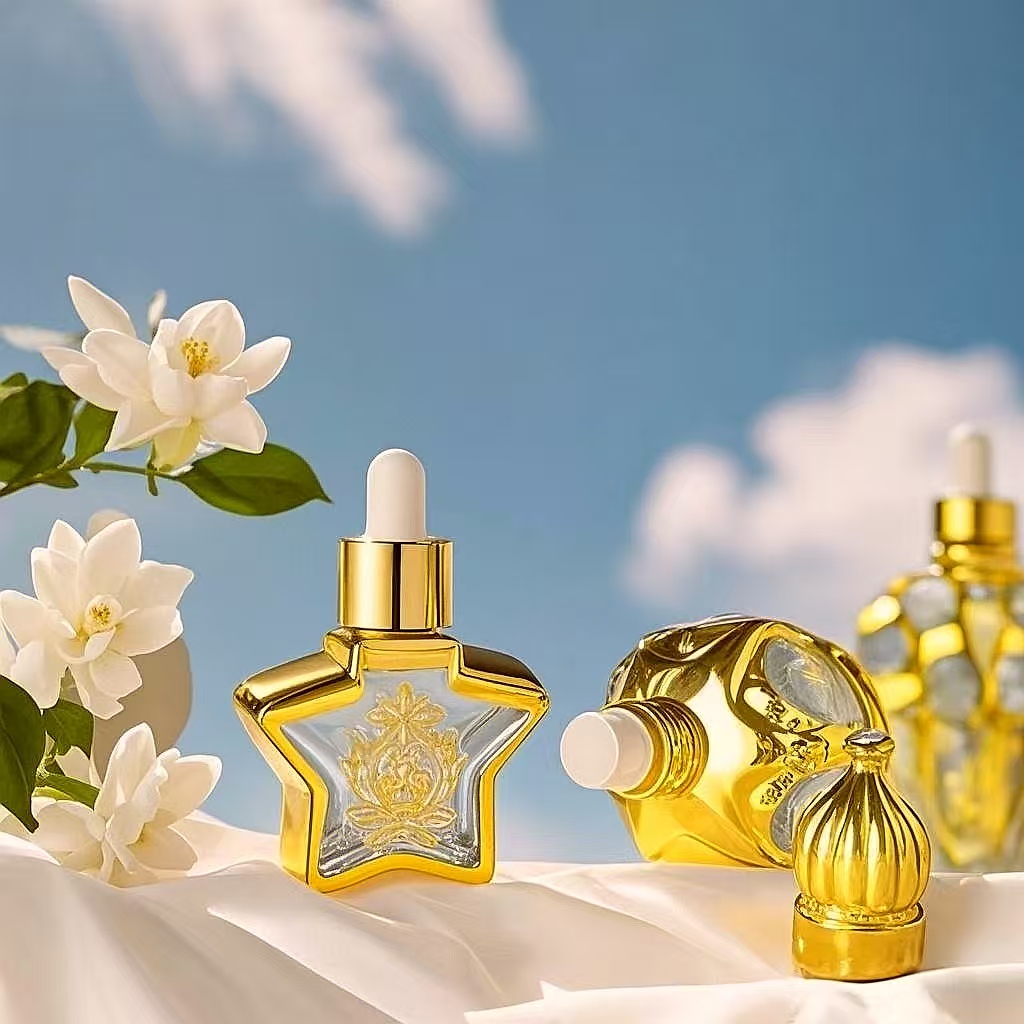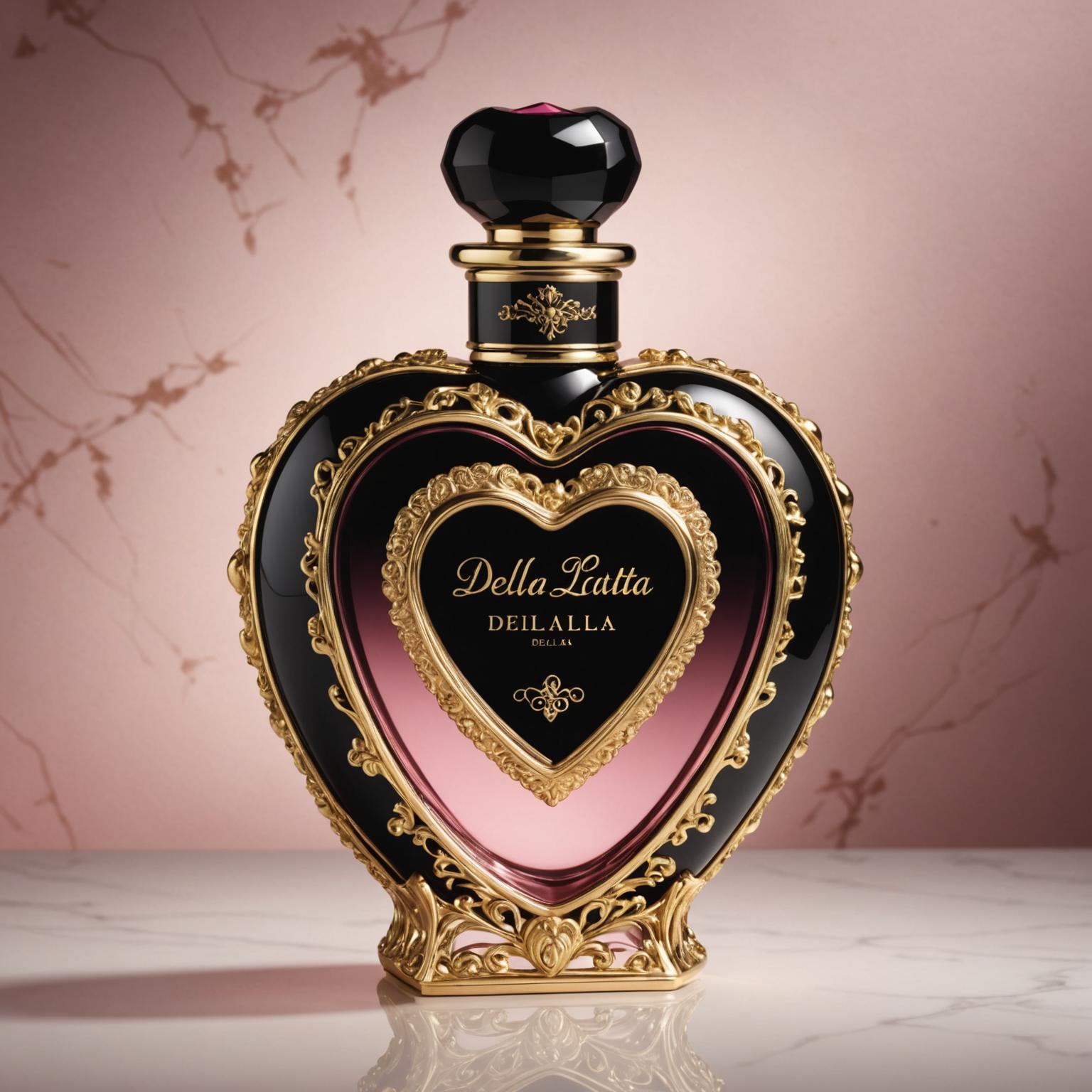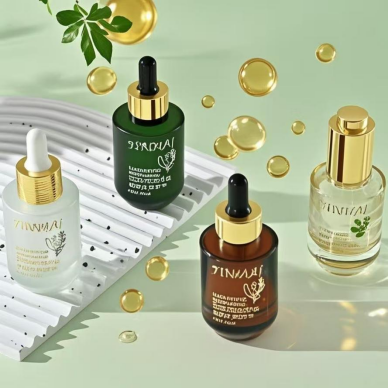Whether you’re a home chef or managing a culinary brand, oil is your kitchen essential. But where and how you store it can make or break flavor, nutrition, and safety. And nowhere is this more critical than oils kept near the stove.
To maintain the flavor and health benefits of your oil, it is crucial to buy olive oil in appropriate quantities. Purchasing smaller, more manageable amounts ensures freshness and optimal use, preventing deterioration from exposure to oxygen, heat, and light.
The best bottles for storing oil near the stove are dark glass bottles with airtight, non-reactive caps that protect against heat, light, and air exposure.
In this guide, I’ll walk you through the science of oil preservation, the materials to avoid, and professional-grade packaging options. Whether you’re dealing with olive oil, sesame, or infused oils, proper bottle choice ensures your oil stays fresh, safe, and flavorful.
Introduction to Oil Storage
Proper oil storage is essential to maintain the quality and freshness of olive oil, cooking oils, and essential oils. When storing oils, it’s crucial to consider factors such as temperature, light exposure, and oxygen levels to prevent degradation and rancidity. Using a dark glass bottle or an airtight container can help protect the oil from UV rays and oxygen, preserving its nutritional value and flavor. In this section, we will explore the importance of oil storage and the benefits of using a dispenser to keep your oils fresh.
What is the best container for storing cooking oil?
Your cooking oil doesn’t just need storage—it needs protection. Heat, light, and oxygen all cause oil to spoil, oxidize, or go rancid.
The best container for cooking oil is an opaque or dark glass bottle with a tight-fitting cap that limits air contact and blocks UV light. Choosing the right container, such as dark-colored glass or high-quality stainless steel, is crucial for protecting oils from heat, light, and air, thereby maintaining their integrity and shelf life.
Why Oils Need Protection
|
Risk Factor |
What It Does to Oil |
Result |
|---|---|---|
|
Heat |
Accelerates oxidation |
Bitter taste, nutrient loss |
|
Light |
Breaks down fatty acids |
Color change, rancid odor |
|
Oxygen |
Causes peroxides to form |
Spoilage, health risks |
Most kitchen oils (olive, avocado, sesame) are rich in unsaturated fats, which are particularly prone to these risks. Once they degrade, they can lose flavor and even form toxic compounds. Proper storage is essential to prevent oils from going bad and turning into rancid oil, which can have a sour or stale smell and a bitter, metallic taste.
Factors Affecting Oil Storage
Several factors can affect the storage of oils, including temperature, light exposure, oxygen levels, and container type. Heat, direct sunlight, and oxygen can cause oil to become rancid, affecting its taste, aroma, and nutritional value. On the other hand, storing oils in a cool, dark place, such as a dark cabinet, can help preserve their quality. The type of container used, such as a dark glass bottle, stainless steel, or ceramic bottle, can also impact oil storage. For example, clear glass bottles can allow light to penetrate and cause degradation, while dark glass bottles can block out UV rays and preserve the oil’s quality.
Key Container Features
|
Feature |
Why It Matters |
|---|---|
|
Dark or opaque |
Blocks UV and visible light |
|
Glass material |
Inert, non-reactive, doesn’t absorb flavor |
|
Tight seal |
Slows oxidation |
|
Spout control |
Prevents spills and overuse |
A pour spout with a small opening allows for easier dispensing while minimizing air exposure, helping to keep the oil fresh.
At PauPack, we manufacture heat-resistant amber and black glass oil bottles in sizes from 100ml to 1000ml, perfect for kitchen counters or stovetop use.
What is the best bottle to store oil in?
Choosing a bottle is not just about aesthetics—it’s about science and usability. You need something safe, durable, and food-compatible.
Glass bottles—especially those made from amber or smoked glass—are ideal for storing oils. They don’t leach chemicals, resist heat, and preserve freshness. When it comes to olive oil, using a specialized olive oil bottle is crucial. These bottles are designed to keep olive oil fresh by protecting it from light and heat, ensuring the flavor and quality are maintained.
Bottle Materials Compared
|
Material |
Pros |
Cons |
|---|---|---|
|
Amber Glass |
Excellent light protection, inert. Cobalt blue glass also offers excellent light protection. |
Can be heavier than plastic |
|
Smoked/Frosted Glass |
Stylish, moderate protection |
Less UV resistance than amber |
|
Stainless Steel |
Durable, full light block |
Heavier, not transparent |
|
HDPE Plastic |
Lightweight, food safe |
Not long-term or heat-safe |
|
Clear Glass |
Aesthetic, recyclable |
No light protection |
|
Ceramic |
Light-proof, food-safe |
Fragile, not transparent |
Why Glass Wins
-
No chemical leaching (unlike plastic)
-
Maintains oil purity
-
Doesn’t alter flavor or aroma
-
Dishwasher-safe
-
Recyclable and sustainable
Using glass bottles is particularly important for storing extra virgin olive oil to maintain its quality and flavor.
Many of our restaurant and food packaging clients prefer PauPack’s wide-mouth oil bottles with pour spouts and heat-sealed caps, which are compliant with FDA and EN 14350 food safety standards.
Benefits of Using a Dispenser
Using an olive oil dispenser or a cooking oil dispenser can provide several benefits, including easy access to the oil, controlled pouring, and protection from light and oxygen. Dispensers can also help prevent oil from becoming rancid by minimizing exposure to air and light. Additionally, dispensers can be a convenient and stylish way to store and serve oils, making them a great addition to any kitchen. When choosing a dispenser, consider factors such as the type of oil being stored, the size of the dispenser, and the material it’s made of, such as glass, stainless steel, or ceramic.
What kind of bottle for oil?
It depends on your oil type, storage location, and frequency of use. Let’s break it down.
Oils for daily kitchen use should be stored in dark glass bottles with spouts or caps that control flow and resist contamination. Choosing the right olive oil container is crucial to maintain the freshness and quality of extra virgin olive oil. Ensure the container has a tight lid seal to prevent oxidation and avoid plastic containers that can compromise the oil. Regularly check the olive oil container for any damage that might allow air to enter.
Recommended Bottle Types
1. Olive Oil or Avocado Oil
-
Use amber glass with narrow spout or silicone pour top
-
Helps prevent oxidation from air and heat
Proper storage is crucial to maintain the quality of extra virgin olive oil, often referred to as 'liquid gold,' as exposure to light and temperature can degrade its flavor and nutritional properties.
2. Sesame or Peanut Oil
-
Use opaque ceramic or smoked glass
-
These oils have stronger aromas and are sensitive to light
Compared to sesame or peanut oil, canola oil has a shorter shelf life and is more susceptible to rancidity due to its high unsaturated fat content. Identifying rancid canola oil can be done through smell and taste.
3. Infused Oils (Garlic, Chili, Herbs)
-
Use airtight amber glass with tamper seals
-
Must be refrigerated if homemade to avoid botulism risk
4. Cooking Sprays or Mists
-
Use glass pump spray bottles
-
Must be cleaned and refilled regularly
Squeeze bottles are also versatile for dispensing a variety of sauces and batters.
5. Bulk Storage
Use metal jugs or ceramic crocks for bulk storage to protect the oil from light and heat. Transfer to smaller glass bottles for daily use to maintain freshness. Additionally, it is crucial to use the original bottle for long-term storage to preserve the oil's quality, flavor, and beneficial compounds.
At PauPack, we offer custom shapes and closures for culinary clients—from classic Boston rounds to oil carafe-style designs with bamboo caps and embossed logos.
Keeping Oils Fresh
To keep oils fresh, it’s essential to store them properly and use a dispenser that minimizes exposure to air and light. Here are some tips for keeping oils fresh:
-
Store oils in a cool, dark place, such as a dark cabinet or pantry.
-
Use a dark glass bottle or an airtight container to protect the oil from UV rays and oxygen.
-
Keep the oil away from heat sources, such as the stove or oven.
-
Use a dispenser with a pouring spout or a sealed container to minimize exposure to air.
-
Consider using a smaller bottle or container to reduce the amount of oil exposed to air. By following these tips, you can help preserve the quality and freshness of your oils, whether it’s olive oil, cooking oil, or essential oils.
Can I store oil in a glass bottle?
Absolutely—and in fact, you should.
Glass is the most reliable material for storing cooking oils because it’s chemically inert, easy to clean, and resistant to flavor absorption. To store olive oil properly, use glass containers and keep them in a cool, dark place to prevent rancidity and preserve flavor. Avoid storing olive oil near stoves or warm appliances, and maintain a specific temperature range for optimal freshness.
Why Glass is Superior
|
Factor |
Glass Advantage |
|---|---|
|
Chemical safety |
No leaching, no flavor transfer |
|
Durability |
Thick glass resists breakage |
|
Cleaning |
Dishwasher safe, non-porous |
|
Aesthetics |
Premium appearance, clear or tinted options |
|
Sustainability |
Fully recyclable and reusable |
Pro Tip: Store glass oil bottles at room temperature, in a cool, shaded area, or use an opaque sleeve if they’re always near the stove.
At PauPack, we coat glass bottles with UV-blocking lacquer, perfect for olive oil brands that want to show the oil’s color without sacrificing freshness.
High-quality olive oil contains beneficial compounds like polyphenols, often referred to as the good stuff. Proper storage in dark glass bottles is essential to preserve these valuable properties, as light exposure can significantly degrade the oil's quality and health benefits.
Cleaning and Maintenance
Regular cleaning and maintenance of your oil dispenser or container can help prevent the growth of bacteria and mold, which can affect the quality and safety of the oil. Here are some tips for cleaning and maintaining your oil dispenser:
-
Wash the dispenser or container with soap and warm water after each use.
-
Dry the dispenser or container thoroughly to prevent water spots and bacterial growth.
-
Consider using a dishwasher-safe dispenser or container to make cleaning easier.
-
Check the dispenser or container regularly for signs of wear and tear, such as cracks or scratches, and replace it if necessary. By following these tips, you can help keep your oil dispenser or container clean and in good condition, ensuring that your oils remain fresh and safe to use.
BONUS: Best Practices for Storing Oil Near Heat
Storing oils near the stove is convenient—but it’s also risky if not done correctly.
To prevent rapid oxidation and rancidity, it is crucial to store extra virgin olive oil in a cool, dark cupboard with a stable temperature around 65°F (18°C).
Tips for Safe Storage Near the Stove
-
Use a small decanting bottle (250–500ml) and keep bulk oil elsewhere.
-
Choose amber or black glass only for open-air counter storage.
-
Avoid plastic bottles near the stove—heat + oil = chemical leaching.
-
Wipe bottle necks often to prevent rancid buildup.
-
Label and date oils—especially if decanted from larger containers.
-
Keep olive oil cool by storing it in a dark cupboard with a temperature range of 60°F to 72°F to maintain its flavor and nutritional benefits.
When Not to Store Near the Stove
Avoid stovetop storage if:
-
Your kitchen gets direct sunlight
-
You cook frequently with high heat
-
The oil is homemade or infused
In those cases, store oils in cool, dark cabinets, and only bring them out in smaller bottles for active use. Proper storage is crucial for everyday cooking oils like canola and sunflower to maintain their quality and freshness even when stored in transparent containers.
PauPack’s Culinary Glass Solutions
We go beyond essential oil bottles. For food and kitchen packaging, we offer:
-
Heat-resistant amber bottles with pour spouts
-
Frosted or matte black glass carafes
-
Bamboo or aluminum caps with tamper seals
-
FDA-approved inner coatings for extended freshness
-
Wide mouth or narrow spout options
Our OEM and ODM services allow food brands to develop private label packaging that’s beautiful, functional, and shelf-stable.
Need bulk packaging for infused oil kits? Want silk screen labeling with your chef brand? PauPack’s team is ready to co-create.
High-quality oil dispensers, sometimes called cruets, enhance the pouring and cleaning experience compared to standard oil bottles, offering better performance and aesthetics in the kitchen.
Conclusion
The right oil bottle protects your flavor, safeguards your health, and simplifies your kitchen flow. Whether you’re managing a commercial kitchen or perfecting a home pantry, choose dark glass bottles for storing oils near heat—and always partner with packaging providers who understand food safety. At PauPack, we make bottles that work hard and look good doing it.




